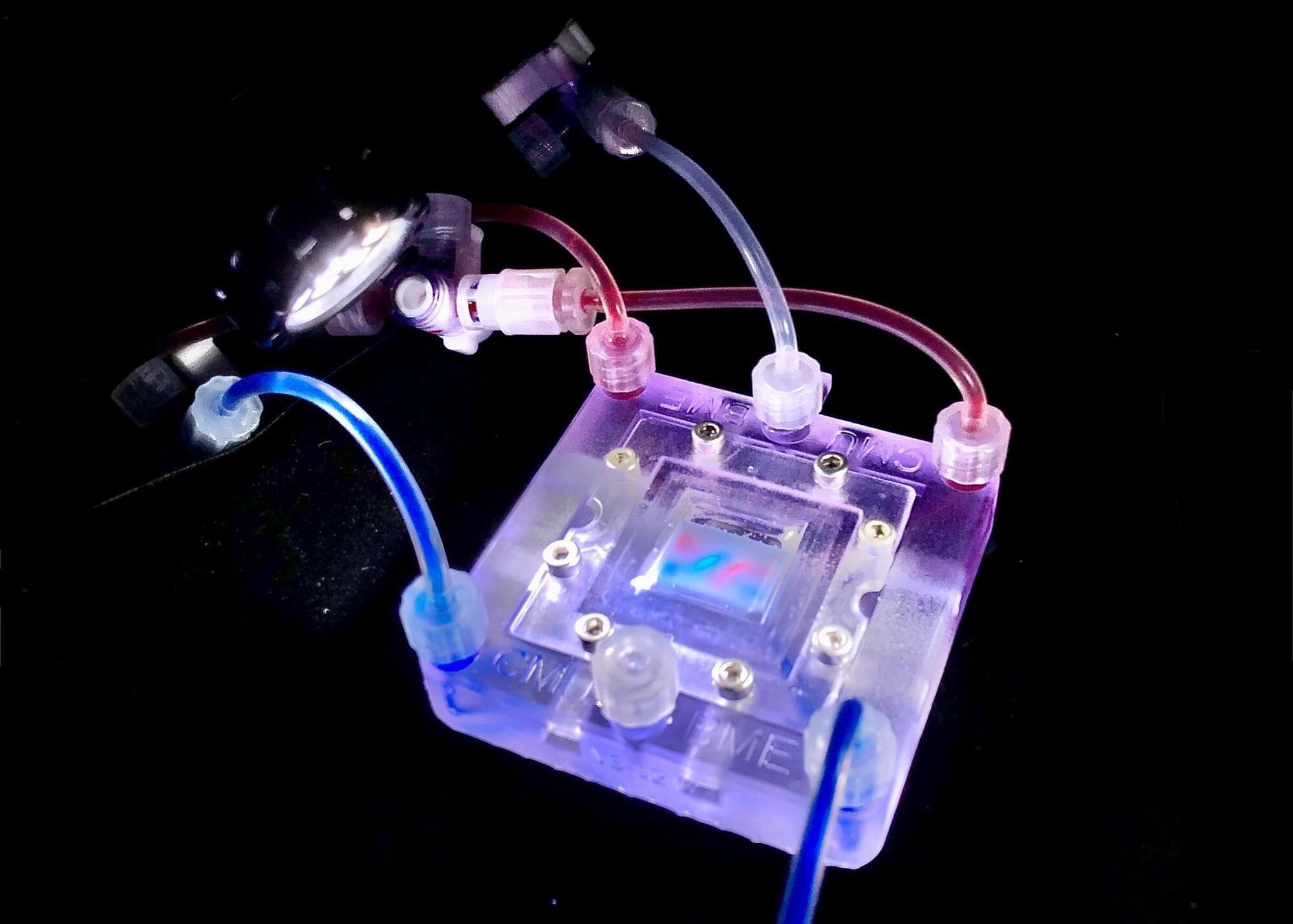Researchers at the University of Pittsburgh have created a groundbreaking tissue engineering platform using 3D-printed collagen scaffolds called CHIPS.
By mimicking natural cellular environments, they enable cells to grow, interact, and form functional tissues — a major step beyond traditional silicone-based microfluidic models. The platform not only models diseases like diabetes but could also replace animal testing in the future. Plus, their designs are freely available to fuel broader scientific innovation.
3D bioprinting: turning science fiction into science reality.
